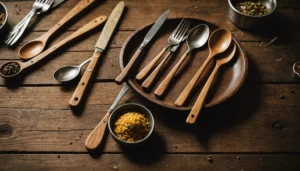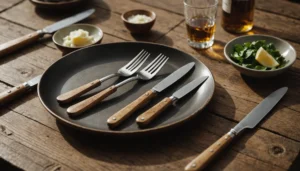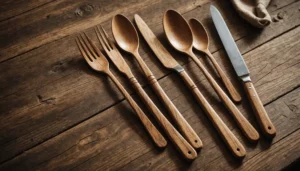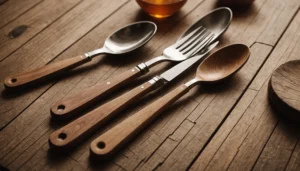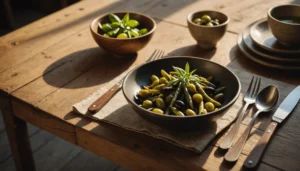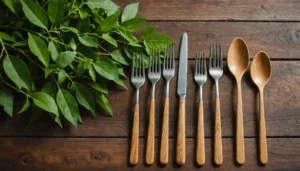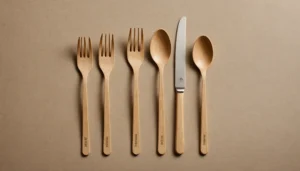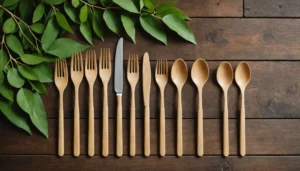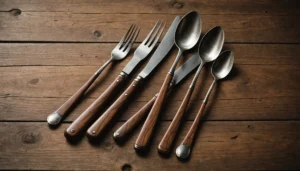
How High is the Demand for Disposable Wooden Cutlery in the Market?
The growing demand for disposable wooden cutlery reflects increasing environmental awareness and the need for sustainable alternatives to plastic. This trend is particularly strong in Europe and North America, where consumers are willing to invest in eco-friendly products. Innovations in design and manufacturing have enhanced the durability and appeal of wooden utensils, while stricter regulations on single-use plastics further drive market growth. Wooden cutlery not only decomposes faster than plastic but also aligns with consumer preferences for natural aesthetics and responsible sourcing. As brands adopt transparency measures like blockchain technology to trace product origins, trust in these eco-friendly options continues to strengthen. Ultimately, choosing wooden cutlery represents a commitment to sustainability without compromising quality or style.

